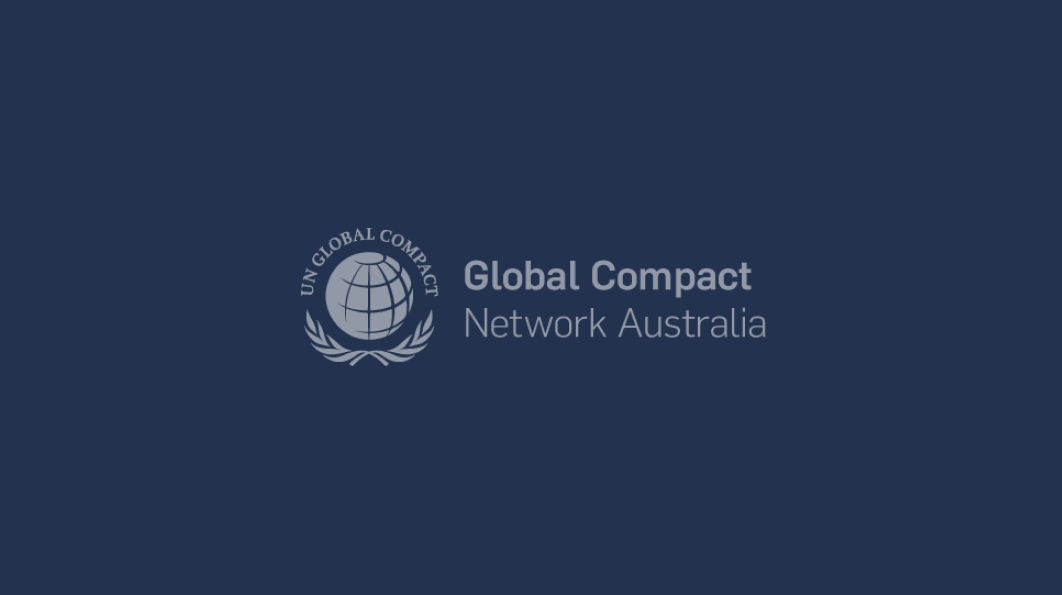
News, Sustainable Development Goals
2nd Australian SDGs Summit Overview
UN Global Compact Network Australia | March 23, 2018
 Melbourne Cricket Grounds, Tuesday March 13 2018.
Melbourne Cricket Grounds, Tuesday March 13 2018.
Reporting
SDG Baseline for Australia
A common framework for reporting to SDGs
Two guidance documents:
Framework developed by GRI, UN Global Compact & PWC:
Business Reporting on the SDGS
Guidance: Measuring Impact –How Business Accelerates the Sustainable Development Goals.
City Positions
SDG US City Index
The 100 most populous cities in the US have been mapped against the 17 SDGs
US CITY SDG INDEX
- Snapshot of sustainable development across the US and identifies priorities
- Intended to motivate mayors and city authorities to drive change.
Melbourne City
Mapping to SDGs
MELBOURNE CITY SDG MAPPING
- Assessed if the city plans align with the SDGs
- Identified opportunities for changes in policy
- Taking the pulse report
- Watch the video
- LMCF Affordable Housing Challenge
Leadership
Australia Post – Circular Economy
Australia Post provides guidance to its customers (small and medium businesses) on how to transition to the circular economy.
World Wildlife Fund
WWF harnessing blockchain in supply chains for human rights.
WWF embedding social, economic and environmental data into fisheries from bait to plate to increase transparency on human rights and other issues.
Link above includes a video.
Government Positions
Senator Concetta Ferravanti-Wells
Minister for International Development and the Pacific said collective action was needed to ensure the SDGs became commonly known in all of our Australian households.
She said the SDGs were a reflection of Australia’s values and ambitions and described them as “the contemporary manifestation of the fair go”.
In this room today, we all understand the what, the why and the benefit of the SDGs. It is about ensuring regional stability, security and prosperity.
“Our challenge is to bring the Australian public with us.”
Government Positions
A lead agency for each SDG
The Government has assigned a lead agency and a support agency to each of the 17 SDGs.
Find out who are the lead agencies here.
Investor Positions
Cbus Super Fund
CBUS Super to intergrate SDGs
- “SDGs were not set up for investors”
- SDG Baseline work is important to drive change in investments
- Write to your super fund to mobilse for investment aligned with SDGs
- Annual Report
Institutional Positions
University Guide to meeting SDGs
Guidance for Universities
- Relevant when we partner or work with universities on development projects (business focus)
- Current signatories include Griffith, Victoria (Wellington), Deakin, Western Sydney, RMIT, UTS, Monash, Uni of Melbourne, Uni of Adelaide, James Cook
- Western Sydney SDG student video: WE MATTER
Youth Positions
Youth Led Solutions to SDGs
Youth Solutions Report
“When describing the situation facing young people, who currently comprise one fourth of the global population, one aspect is often overlooked: the incredible potential of mobilizing and supporting their active contribution, rather than just discussing about their needs and problems.”
Indigenous Partnerships
Partnership Principles for NGOs
Principles for a partner-centered approach for NGOs working with Aboriginal and Torres Strait Islander Organizations and Communities.
Closing the gap in outcomes for Aboriginal and Torres Strait Islanders:
Community Partnerships
Brokering partnerships to benefit communities
Thriving Communities Partnership is a cross sector collaboration to ensure everyone has fair access to services. This is co-led by one of GCNA’s members, Yarra Valley Water.
Gender Equality
Turning promises into action
A new report issued from UN on Gender Equality in the 2030 Agenda
- VIDEO: No sustainable Development without Gender Equality
- Individual country fact sheets in report. Australia’s
- Accenture report on gender equality in the workplace: When She rises, we all rise
Agency Advocacy
ACOSS: what no poverty means in Aus
To leave no one behind, the Australian Council of Social Service (ACOSS) are calling to lift the incomes of the lowest 40% in order to meet the SDGs.
“The lack of focus on a poverty measure and exclusion of poverty impact analyses in government policy-making has contributed to an increase in poverty in Australia over the past ten years.
“We have more than 3 million people living in poverty in Australia, in a population of just 24 million.
They also note that AFFORDABLE HOUSING is not clearly called out by SDGs. Yet this really resonates for the public.
Leave no one behind
Individual Deprivation Measure
The Individual Deprivation Measure (IDM) is a new, gender-sensitive and multidimensional measure of poverty.
- Video here
GCNA would like to thank the co-organisers who all helped to make the Summit happen. We also would like to thank the attendees who came and contributed to the day.
Link to photos from the day.
Link to news article by Devex.
